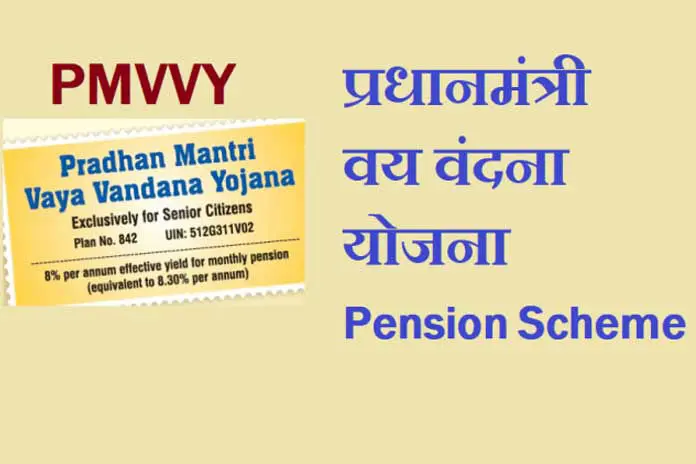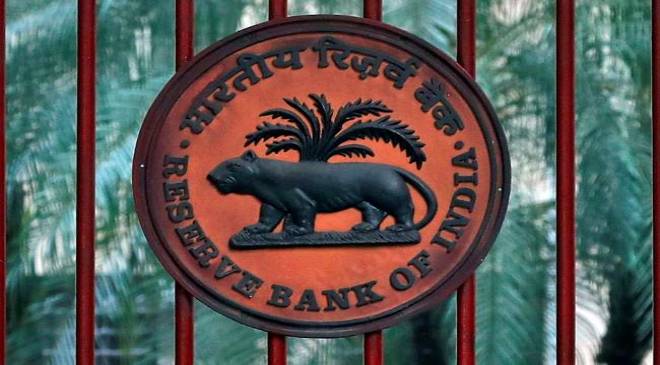LIC PMVVY (Pradhan Mantri Vaya Vandana Yojana) plan is a pension scheme launched by the Indian government. It is a pension scheme for senior citizens that provides them with a guaranteed pension for 10 years.
Under this scheme, the policyholder makes a lump sum payment to LIC (Life Insurance Corporation) and in return, receives a guaranteed pension for a period of 10 years. The scheme offers an interest rate of 7.4% per annum, which is payable monthly. The minimum investment amount is Rs. 1,56,658 and the maximum investment amount is Rs. 15,66,580.
The scheme offers various benefits, such as a guaranteed pension for 10 years, the option to receive pension on a monthly, quarterly, half-yearly, or annual basis, loan facility after three policy years, and the option to surrender the policy after three policy years.
LIC PMVVY plan is a popular pension scheme among senior citizens as it provides a regular and guaranteed source of income, making it an attractive investment option for those looking for financial security in their retirement years.
Benefits of PMVVY :
Guaranteed Pension: The scheme provides a guaranteed pension to the policyholder for a period of 10 years.
High Interest Rate: PMVVY offers a high-interest rate of 7.4% per annum, which is payable monthly.
Flexible Payment Options: Policyholders can choose to receive their pension on a monthly, quarterly, half-yearly, or annual basis.
Loan Facility: Policyholders can avail of a loan against their policy after three policy years.
Surrender Value: Policyholders can surrender their policy any time in case of critical illiness of self or spouse and receive 98% of purchase price.
Maximum Limit: There is upper limit of Rs 15 Lakh on investment under PMVVY.
Tax Benefits: The amount invested in PMVVY is eligible for a tax deduction under Section 80C of the Income Tax Act, 1961.
PMVVY Age eligibility:
This pension scheme offered by LIC can be purchased by individuals aged 60 years and above, as confirmed by the company. Furthermore, there is no maximum age limit for subscribing to this scheme.
Pension Rate :
• Yearly : 7.66
• Halfly : 7.52
• Quarterly : 7.45
• Monthly : 7.40
Minimum Entry Age :
60 Year Completed
Maximum Entry Age :
No Limit
Minimum Sum Assured :
• Yearly : 1,56,658
• Halfly : 1,59,574
• Quarterly : 1,61,074
• Monthly : 1,62,162
Maximum Sum Assured :
• Yearly : 14,49,086
• Halfly : 14,76,064
• Quarterly : 14,89,933
• Monthly : 15,00,000
Min-Max Pension Limit :
• Minimum Pension:
Rs. 1,000/- per Month
Rs. 3,000/- per Quarter
Rs. 6,000/- per Half-year
Rs. 12,000/- per Year
• Maximum Pension:
Rs. 9,250/- per Month
Rs. 27,750/- per Quarter
Rs. 55,500/- per Half-year
Rs. 1,11,000/- per Year
Frequently Asked Questions
Permanent Account Number (PAN) Card.
Proof of address such as Passport or Aadhaar Card.
Copy of the cheque leaf or the bank passbook’s first page must be submitted. The pension will be credited to that account.
This scheme offer monthly pension of Rs.9,250 per month to senior citizens for the period of 10 years.
The interest rate of PMVVY is 7.4%pa for monthly mode.
Unless PMVVY is extended, the overall investment in senior citizen-oriented schemes would remain the same as before. PMVVY max limit is 15lakh.
Yes. Pensioner have to submit the Life Certificate
Yes. Under the revised rules, the maximum investment limit has been changed to per citizen 15Lakh.
While the deposits made in the PMVVY scheme are eligible for income tax exemption under Section 80C of the Income Tax Act, 1961, the interest earned on the deposit is not exempt from income tax. It is important to note that the Scheme is subject to provisions of Tax Deduction at Source (TDS).
Joint life option is not available.





